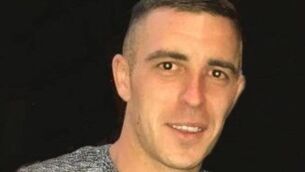Number of students seeking help for mental health problems doubles
Unilink, a special service at Trinity College Dublin which supports students experiencing mental issues, released its five-year report revealing the service helped 107 students in 2008/2009 compared with 50 students in the previous year.
The majority of students were treated for depression. However, there was a sharp increase last year in the number of students with Asperger’s syndrome, attention deficit and hyperactivity disorder (ADHD) and bipolar disorder seeking help.













